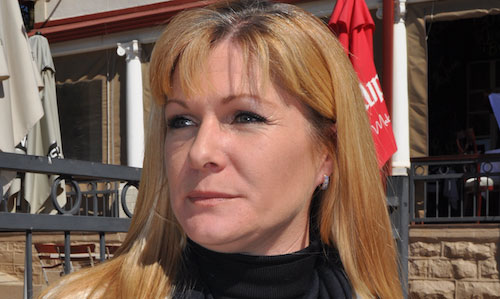
[By Juanita Clark]
Someone once said that a “successful company is one that lays a firm foundation with the bricks others have thrown at them”. With that in mind, I do not believe it’s too late for Telkom.
Recently, Vodacom Group CEO Pieter Uys and Community Investment Ventures director Richard Came both pointed out the problems with the slow and cumbersome processes involved in deploying fibre-optic networks in SA. As the demand for fibre increases, it places ever more pressure on local authorities to produce “right-of-way” approvals and further strains their resources.
This presents a big opportunity for Telkom, which will soon come under considerable pressure due to the unbundling of the local loop, where competitors will be given access to its last mile of copper cable infrastructure into homes and businesses. The company ought to open up its extensive telecommunications ducts to allow fibre newcomers such as Dark Fibre Africa, i3 Africa and Metrofibre Networx to build infrastructure along its routes. It could rent out these routes to companies wanting to lay fibre networks.
Consider the state of the industry. Local authorities are overwhelmed with the amount of right-of-way approvals that are pending; 70% of the cost of deploying a fibre network is in the civils (this is a capital-intensive business); and demand for services far outweighs the speed at which companies can deploy networks.
Now consider that Telkom already has all the ducts in the ground and that the company needs a solid recurring revenue strategy to compensate for the money it will lose once local-loop unbundling happens.
What if Telkom opened up its infrastructure systems for other companies to rent duct space? Internationally, there are many examples of infrastructure sharing, and in SA it makes even more sense.
The industry needs to get the right people around the table to discuss these issues. We have seen some infrastructure sharing taking place, but Telkom is the biggest player and could facilitate a much wider and faster adoption of fibre access networks. We all know Telkom is exemplary when it comes to the standards it uses for infrastructure deployment.
There are many international best-practice models that make this sort of sharing of infrastructure feasible. We need a regulated environment where companies dig a single trench, but with capacity to serve the needs of all who need access. Monopolising the industry is not the answer and neither is forcing people to go into the same trench at the same time or stand to lose the right to deploy fibre in that trench.
Company budgets and individual strategies determine when and where companies build networks. However, when one company digs a trench and makes provision for other companies to have space in that duct system it becomes a win-win for all in the longer term. The first company can recoup some of its initial investment, while the others do not have to make a big upfront capital outlay.
Telkom can play a big role in facilitating faster infrastructure roll-out. It’s time for a discussion.
- Juanita Clark is CEO of FTTH Council Africa
- Subscribe to our free daily newsletter
- Follow us on Twitter or on Facebook




